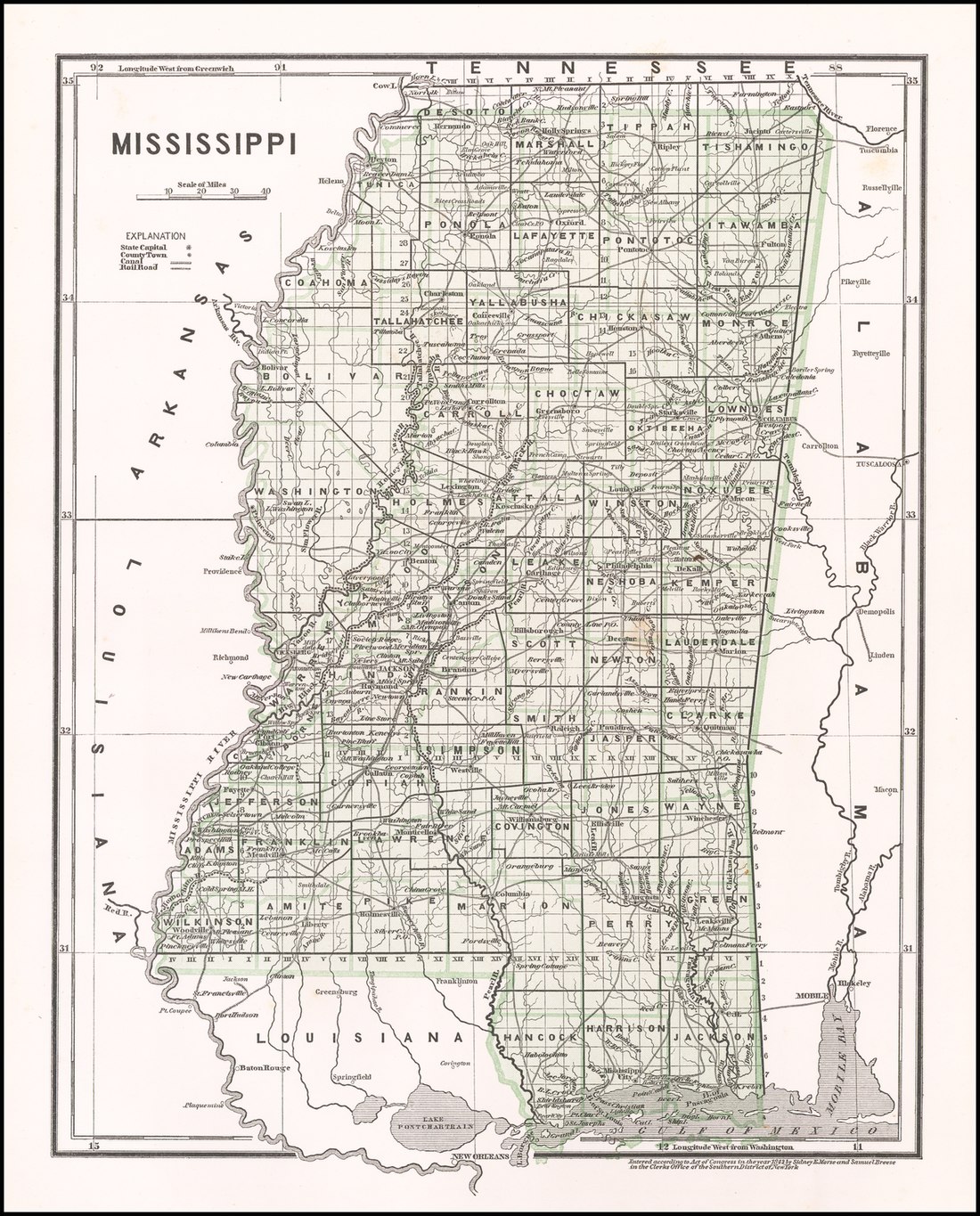Peyton, Mississippi | |
|---|---|
| Coordinates: 34°37′20″N90°28′30″W / 34.62222°N 90.47500°W | |
| Country | United States |
| State | Mississippi |
| County | Tunica |
| Elevation | 190 ft (58 m) |
| Time zone | UTC-6 (Central (CST)) |
| • Summer (DST) | UTC-5 (CDT) |
| GNIS feature ID | 684866 [1] |
Peyton is a ghost town in Tunica County, Mississippi, United States.
Once a thriving port on the Mississippi River, [2] Peyton today is covered by farmfield, forest, and a portion of the Mississippi Levee. Nothing remains of the original settlement but a church called “Rising Sun Baptist Church”. Where some original members and decedents of original members still attend. They even have a “Coming Home” service every year.
After a damaging flood in Commerce in 1843, the county seat was temporarily moved to Peyton. Six months later, it was moved back to Commerce. [3] [4]


